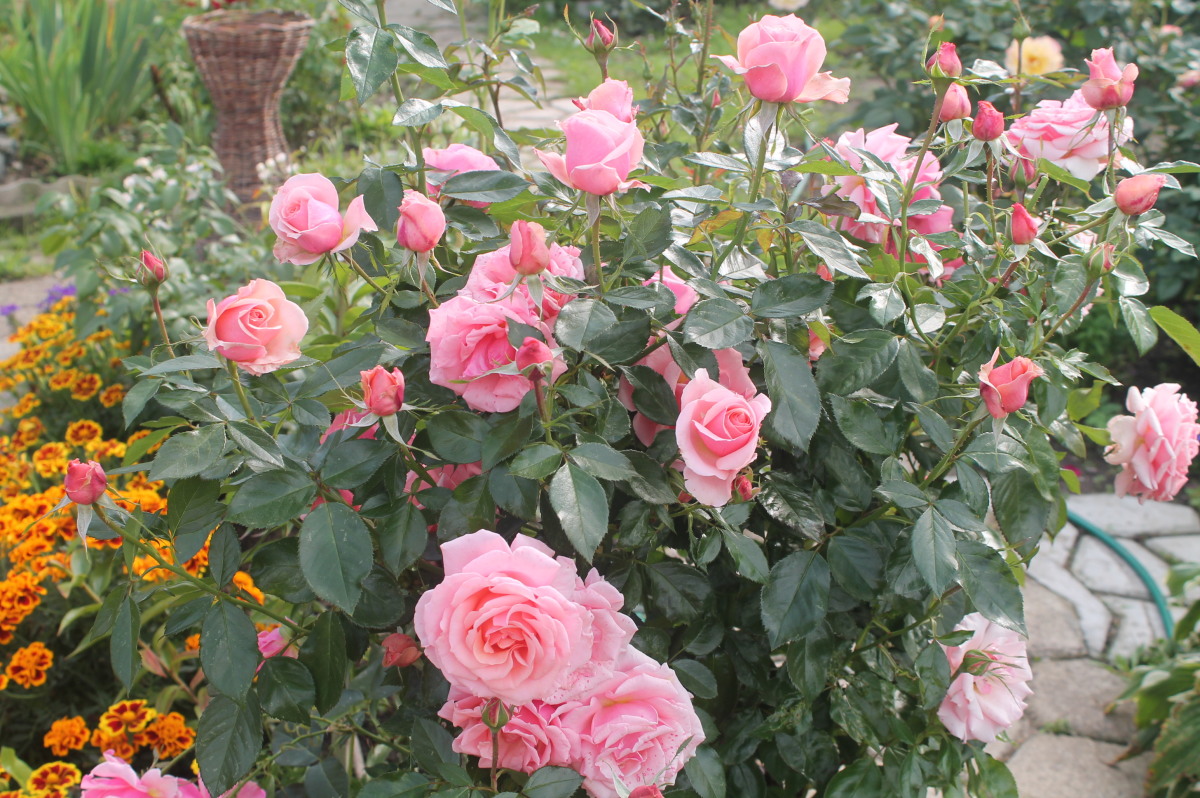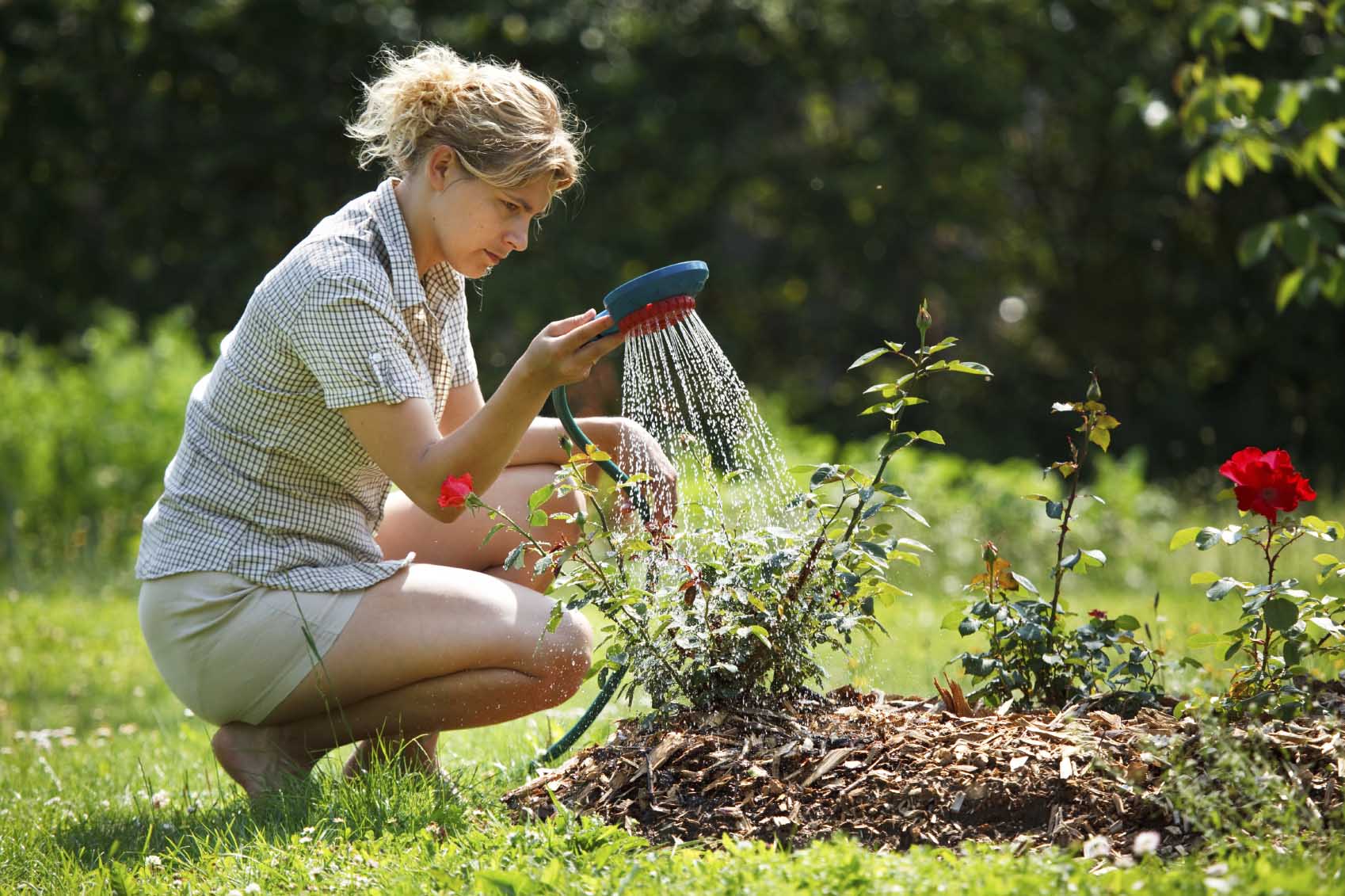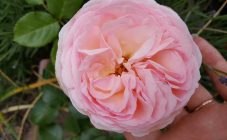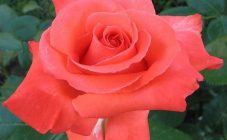Content:
Roses are the adornment of any garden. Florists are ready to spend a lot of effort to make these beauties pleasing to the eye. Due to the high demand, breeders annually develop new varieties. One of the latter is the rose variety Poesie (Poetry).
Floribunda roses
This is a class that unites several hundred varieties. D. Jackson and D. Perkins are the first to use the term "floribunda". These breeders have bred more than one cultivar, among which the Floribunda Poetzia rose, obtained in 1988. Plants of this class are characterized by the absence of aroma or its slight distant presence.
Roses of this variety are versatile in use, they can be grown outdoors, indoors, suitable for borders and planting in flowerpots. Floribundas are frost-hardy, which manifests itself not only in the ability to overwinter, but in regeneration after a slight frostbite.
Description of the variety
Rose Poetry can grow up to 1.2 m in height and up to 60 cm in width. Multiple flowering. Inflorescences up to 8 cm in diameter, double, pink, slightly wavy at the edges. The leaves are dark green in color, hard and glossy.
Poesie rose is resistant to diseases typical of these crops and hot summers.
This variety has won many awards from the Rose Society.
Features of agricultural technology
All floribundas require additional nutrients. You can plant up to 5 of these roses on 1 m², creating a bright flower bed. Rose Poesy prefers areas that are sunny and sheltered from the north wind. The shoot must be planted in a hole with a special soil consisting of humus, peat, sand in equal parts. Do not forget to add superphosphate fertilizers. Planting is done in spring or autumn.
Plants of this variety prefer drained substrates that are rich in organic matter.
Top dressing begins in spring, then every 2 weeks until the end of flowering.
Watering should be done once a week. The soil around the plant must be mulched, as this will prevent the rapid loss of moisture and stop the growth of weeds.
An important nuance of care is pruning, which, as a rule, is carried out 2 times a year. The spring procedure is considered the main one, as it allows you to correctly form the crown of the bush. In addition, pruning is needed for:
- increasing the duration of flowering;
- the formation of new buds;
- shrub renovation;
- preventing disease by removing bad branches.
Before winter, all leaves and dried flowers are removed, the rose is cut to 0.4 m, then covered with earth to 0.3 m and covered with spruce branches.
Floribundas are best propagated by cuttings.
Advantages and disadvantages of the variety
The advantages of this variety:
- resistance to rain and sun;
- resistance to disease and frost;
- versatility in use;
- easy care.
Cons of Rose Poetry:
- elusive aroma;
- three-year-old.
This variety will adorn any garden. It is easy to care for, reproduce. If you do everything correctly as described above, then in the summer the rose bush will thank the gardener with lush flowering.














